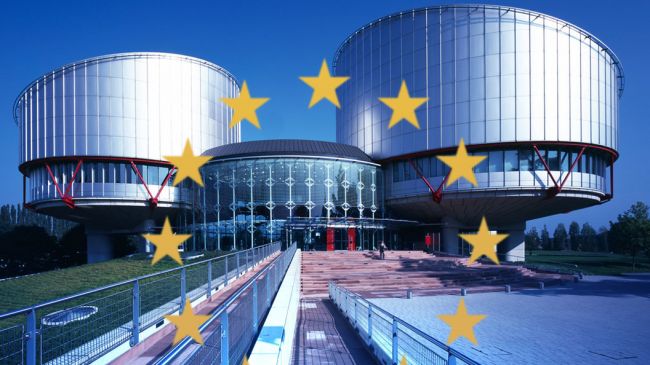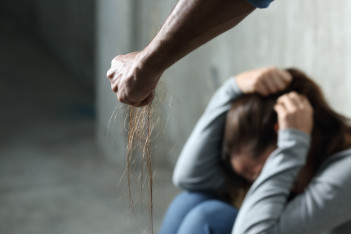Lawyer with 15 years of legal experience, specialization: family and civil law, inheritance, contract law, criminal cases, administrative cases, cases involving foreigners, migration law
The European Court of Human Rights (ECHR) is an important instance for the protection of human rights, including the rights of victims of minor injuries. Its judgments have a significant impact on law enforcement in the Council of Europe member states, including Ukraine. In this article, we will consider the main aspects of the ECHR case-law in cases of minor injuries, as well as the role of lawyers in these proceedings.
Basic principles of human rights protection
The ECHR, based on the European Convention on Human Rights, considers violations of human rights, including the right to life, the prohibition of torture and inhuman or degrading treatment. Disputes over minor injuries often fall under Articles 2 (right to life) and 3 (prohibition of torture) of the Convention.
Definition of light bodily harm
Light bodily harm includes injuries that are not life-threatening but may cause short-term health problems or minor disability. In the context of the ECHR, such cases are often related to:
- Unlawful use of force by law enforcement agencies
Ill-treatment in places of detention
Violence related to discrimination
ECHR case law in cases of minor injuries
The ECtHR considers cases of minor injuries based on several key criteria:
- Unlawful use of force
Cases in which applicants claim excessive use of force by law enforcement officers are common in the ECtHR case-law. For example, in the case of Lopatin v. Ukraine, the court found a violation of Article 3 of the European Convention, as the applicant was beaten by the police, which resulted in minor injuries. - Ill-treatment in places of detention
The ECtHR also considers cases where applicants complain of inhuman or degrading treatment in places of detention. In the case of Alekseev v. Russia, the Court found that the applicant had been subjected to inhuman treatment by prison officials, which had resulted in minor injuries. - Discriminatory violence
Cases of discriminatory violence are also often considered by the ECtHR. In the case of Levanov v. Ukraine, the court found a violation of Article 14 (prohibition of discrimination) in conjunction with Article 3, as the applicant was subjected to violence because of his ethnicity.
The role of a lawyer in cases of minor injuries
A qualified lawyer plays an important role in protecting the rights of victims in cases of minor injuries. A lawyer helps to collect the necessary evidence, properly draw up documents and represent the client's interests in the ECHR. Not only legal but also psychological support provided by a lawyer during complex litigation is important.
If you are a victim of intentional light bodily harm or need professional defence in a battery case, contact the lawyers at https://consultant.net.ua. Experienced attorneys under Article 125 of the Criminal Code will help you protect your rights and receive proper compensation. A 125 CCU lawyer will provide professional support and effective defence in cases of intentional minor bodily harm. A qualified lawyer will help you collect all the necessary evidence and prepare you for the trial, providing reliable legal assistance at every stage. Intentional minor bodily injury, lawyer under Article 125 of the Criminal Code, beating.
Conclusion
The case law of the European Court of Human Rights in cases of minor injuries demonstrates the importance of human rights and proper legal protection. The Court carefully considers each case, taking into account all the circumstances and evidence to ensure a fair decision. Having a qualified lawyer is key to successfully protecting the rights of victims and obtaining adequate compensation for the damage caused.

































